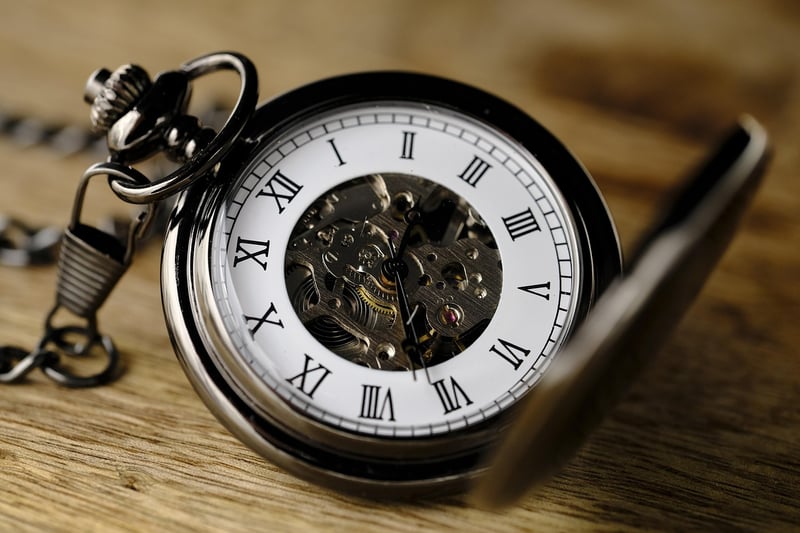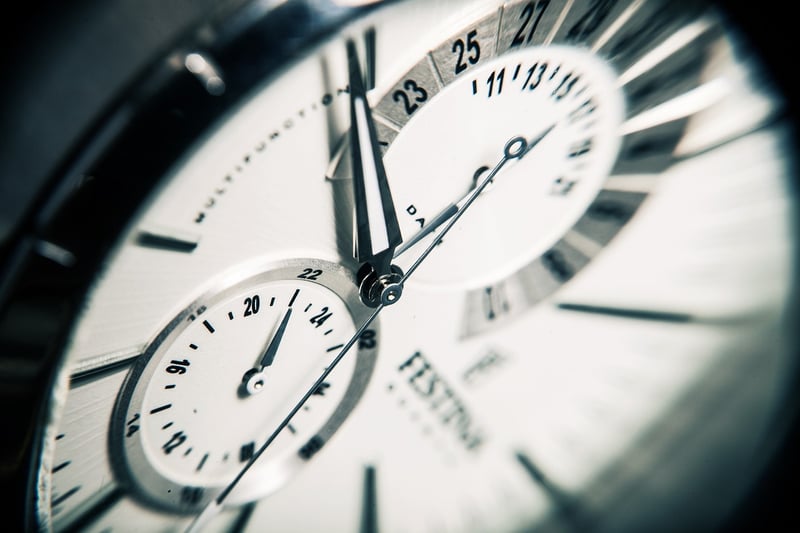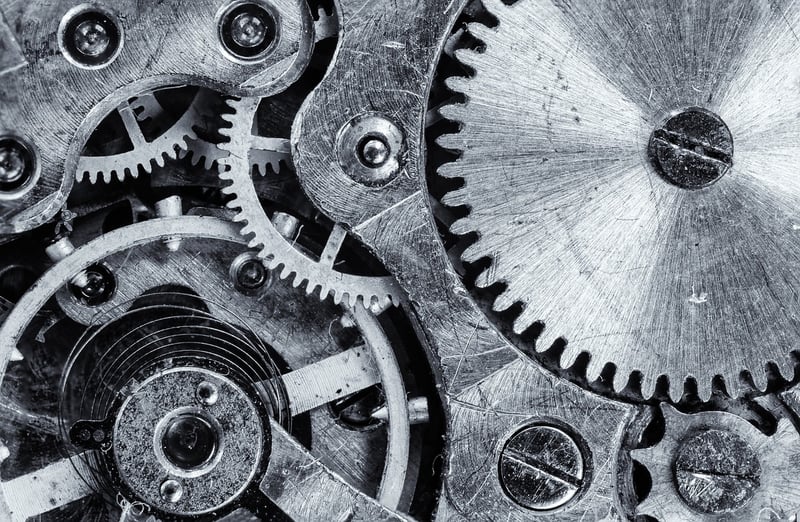Temporal Paradoxes
Exploring Tools & Theories in Temporal Paradoxes
Time travel has been a fascinating subject in science fiction for decades, exploring the possibilities and consequences of altering the past, present, and future. In this article, we delve into some of the tools and theories associated with temporal paradoxes.
The Grandfather Paradox
One of the most well-known temporal paradoxes is the Grandfather Paradox. It posits a scenario where a time traveler goes back in time and prevents their grandfather from meeting their grandmother, thus preventing their own birth. This paradox raises questions about causality and the potential implications of changing the past.

Multiverse Theory
The Multiverse Theory suggests that every possible outcome of a given situation exists in its universe, creating multiple parallel universes. In the context of time travel, this theory allows for divergent timelines where changes in the past lead to the creation of new parallel realities, avoiding paradoxes.

Time Loops
Time loops refer to a phenomenon where a specific period of time repeats itself endlessly. Characters may be stuck in a loop, experiencing the same events repeatedly. This concept raises questions about free will and determinism in a universe where time is not linear.

Temporal Causality Principle
The Temporal Causality Principle suggests that any action taken by a time traveler in the past has already occurred in the timeline they originated from. This theory implies that time travel does not allow for changing past events but rather fulfilling a predetermined sequence of actions.

Conclusion
Exploring temporal paradoxes and the associated tools and theories opens up a world of possibilities and challenges our understanding of time and causality. Whether it's the Grandfather Paradox, Multiverse Theory, Time Loops, or the Temporal Causality Principle, the concept of time travel continues to intrigue and inspire us.
